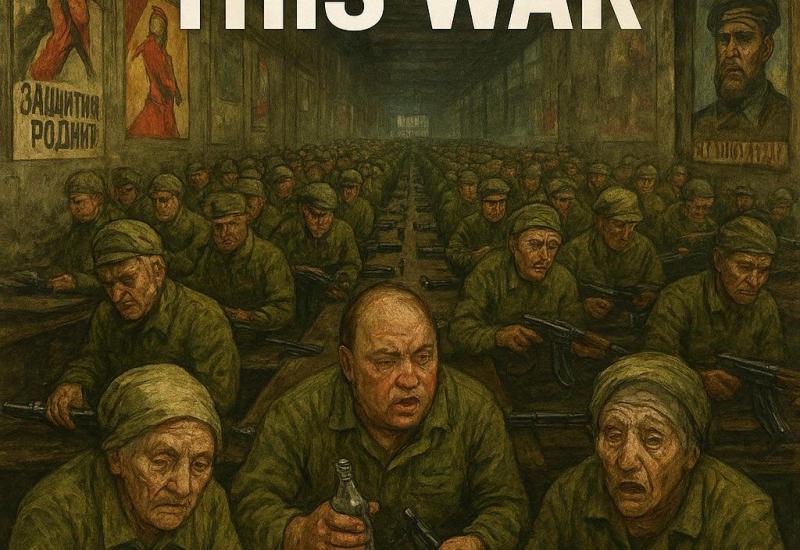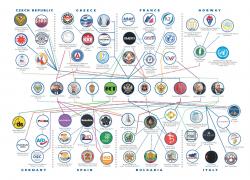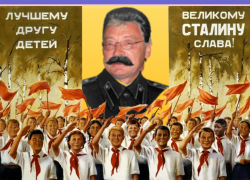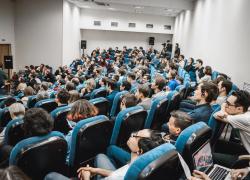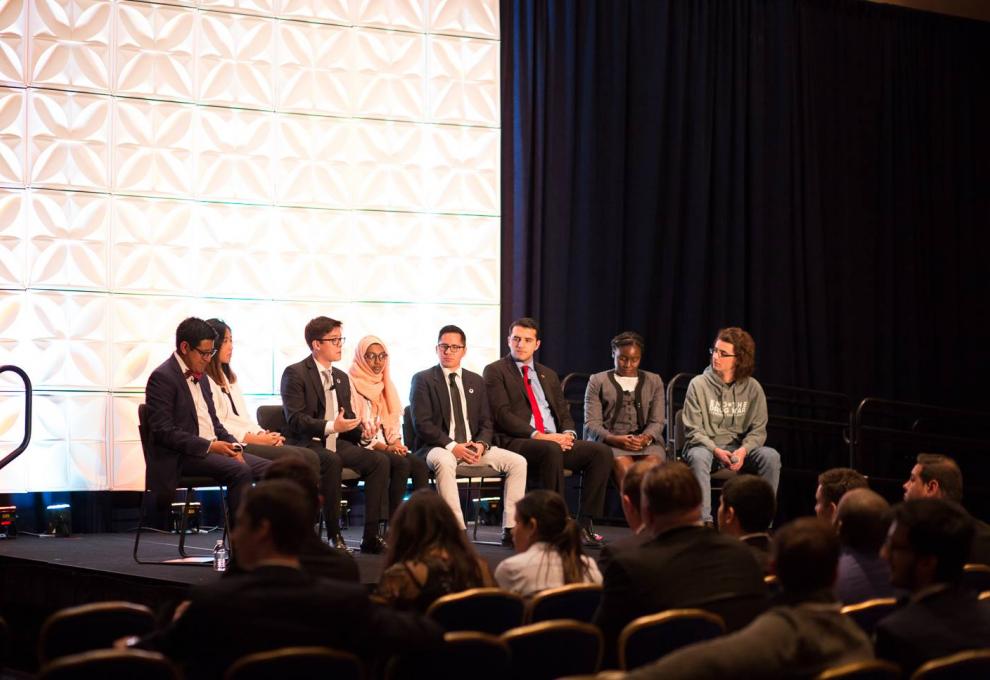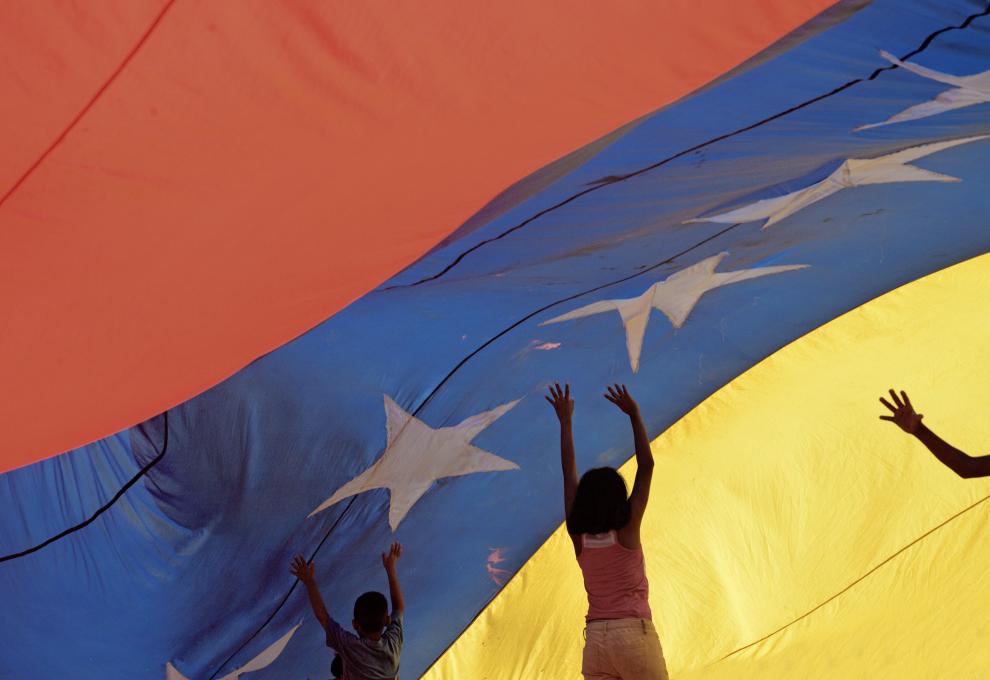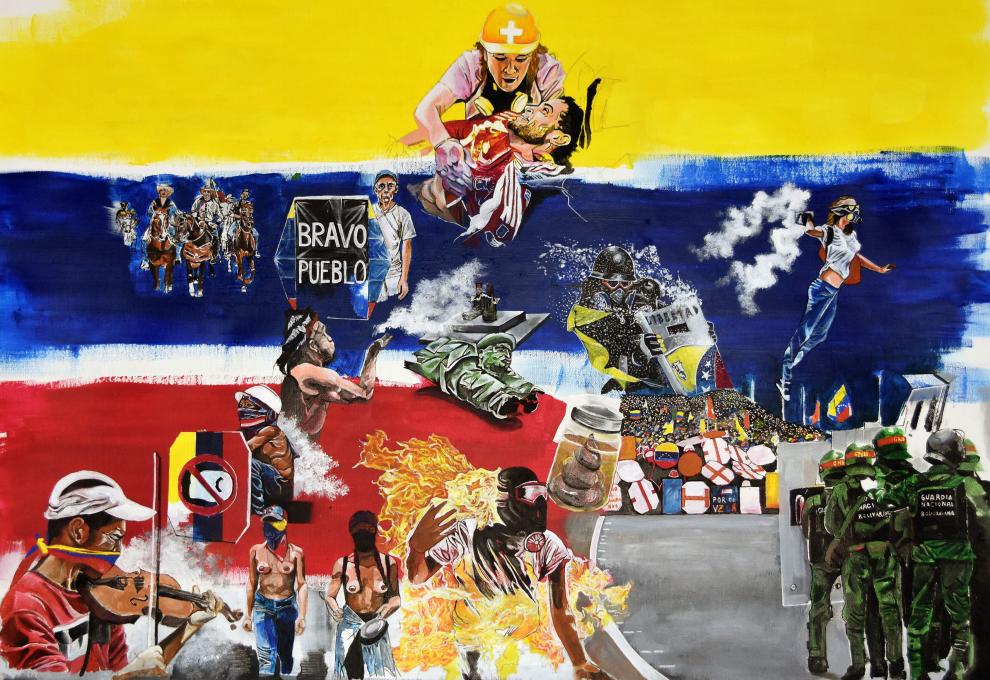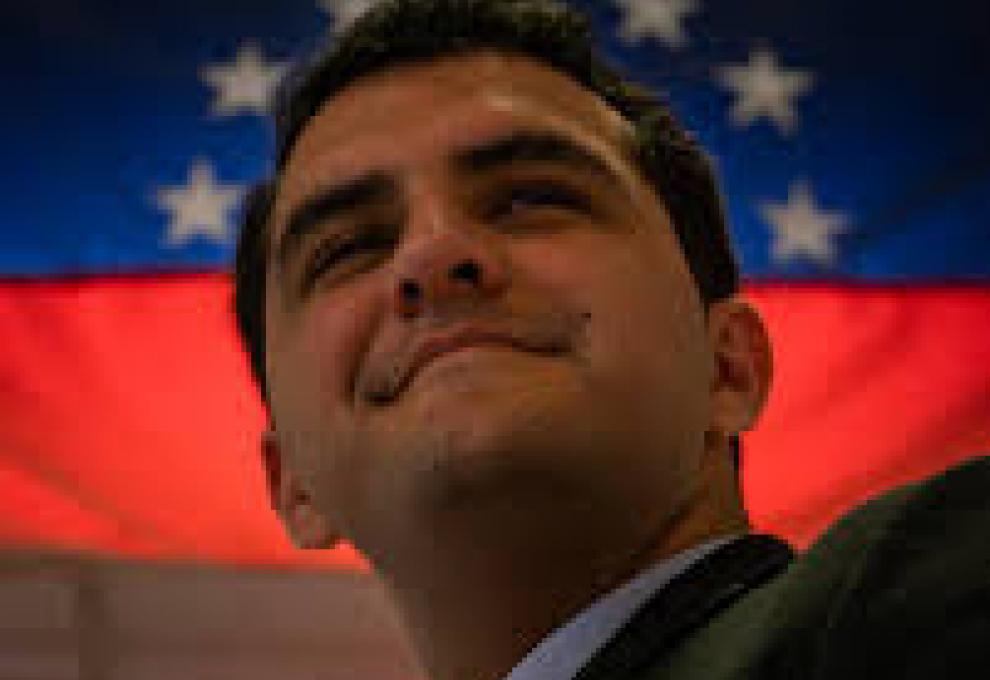Afghanistan's Turning Point
A few days ago, all of us were shocked about the news coming from Afghanistan. In a matter of days, the Taliban (a fundamentalist Islamic force that ruled Afghanistan from 1996 until 2001, the year when the U.S. invaded the country) took control of the entire country, storming into the presidential palace on August 15 after the country's president Ashraf Ghani fled the country.
In Afghanistan's capital Kabul the images showed a society in chaos. It showed people who lost their entire lives in a matter of days, people who wanted to flee the country with nothing more than a backpack, and people scared about their security and the security of their mothers, sisters, and daughters.
This is why on August 17, the first thing I did in the morning was to think about ways I could help the Afghan people. While I obviously cannot influence the things that are going on in their country right now, I knew I could use my platforms and influence to give these people are voice, especially those who believe and have been working for an Afghanistan where human rights are respected, and peace is the norm rather than the exception.
This is why I contacted Parwiz Mosamim. Born in Herat, Afghanistan, Parwiz is one of the most influential members of Students For Liberty in the South Asia region because of his journalistic and research work.
In the latter field, Parwiz is not only doing a Ph.D. but also working as a researcher for institutions like ETH Zurich, York University, and UNESCO. Moreover, at the United Nations, he is writing a report about "Preventing Violent Extremism in South Asia."
While talking with Parwiz, I immediately realized that I was right, that the Afghan people needed to have a voice. A voice that does not need to imagine how life in Kabul looks like. A voice that does not need to speculate about the everyday struggles of the Afghan people because he talks with them every day. And above all, a voice that does not speak about this issue from an American or a European perspective, but from an Afghan perspective, which advocates for the freedom and human rights of all Afghans, especially women.
Parwiz, for instance, told me that the Afghanistan of 2021 is not the same as Afghanistan of 2001, the year the United States invaded the country. At the time, the Taliban had been six years in power. A period in which the Afghan people saw their freedoms severely violated under the rule of a group that believes in neither the most basic political rights nor the most fundamental social rights, such as having a society where men and women have the same opportunities and are treated with the same level of respect and dignity.
What Parwiz told me is that in 2001, his country was much more socially conservative than today. He told me that today, his people are much more liberal socially and politically. This is true especially among young people, who are perhaps as liberal as those in the west.
Today, the Afghan people know their rights, Parwiz said. They know their capabilities. And they want to live in a democracy. They want to live freely, under a legal system that guarantees equal rights for men and women.
This is why we are already seeing women protesting on the streets of Kabul, despite the risks of doing so. And of course, this is why by the time I am writing this article, we have literally thousands of people outside and inside Kabul's airport. They don't want to live in the year 1996 anymore. Like all of us, the people of Afghanistan want freedom, peace, and opportunities to flourish professionally and socially.
For this reason, Parwiz told me that he will keep his commitment to his country and his people. He will keep working alongside other members of Students For Liberty so that the Afghan people can have the future they deserve. A future where girls can go to school and live freely. A future where women can choose how to dress. A future where women are not in the backseat but leading their society.
From my end, I will keep giving a voice to Parwiz and all freedom advocates from Afghanistan. And next week, my column will be focused on the United States' withdrawal from the country. A retreat that, in my opinion, was not only horribly executed but also strategically flawed.
Afghanistan's collapse was not inevitable, as President Biden suggested the other day. On the contrary, the country's relative stability could have been maintained with the 2500 troops that the United States had just before Biden took his decision.
And for those who talk about the costs of maintaining the United States' involvement in Afghanistan, I think the national security risks and future price of having a country controlled by the Taliban are much more significant.
But I will talk more about that next week.
Jorge Jraissati is a Venezuelan economist and freedom advocate. He is the Director of Alumni Programs of Students For Liberty, an NGO advancing the ideas of a free society in over 100 countries. Beyond SFL, Jorge is a research consultant for IESE Business School, an economist from the Wilkes Honors College and the President of Venezuelan Alliance, a policy group specialized in the Venezuelan humanitarian crisis. Jorge is a weekly columnist here at Freedom Today Network.



